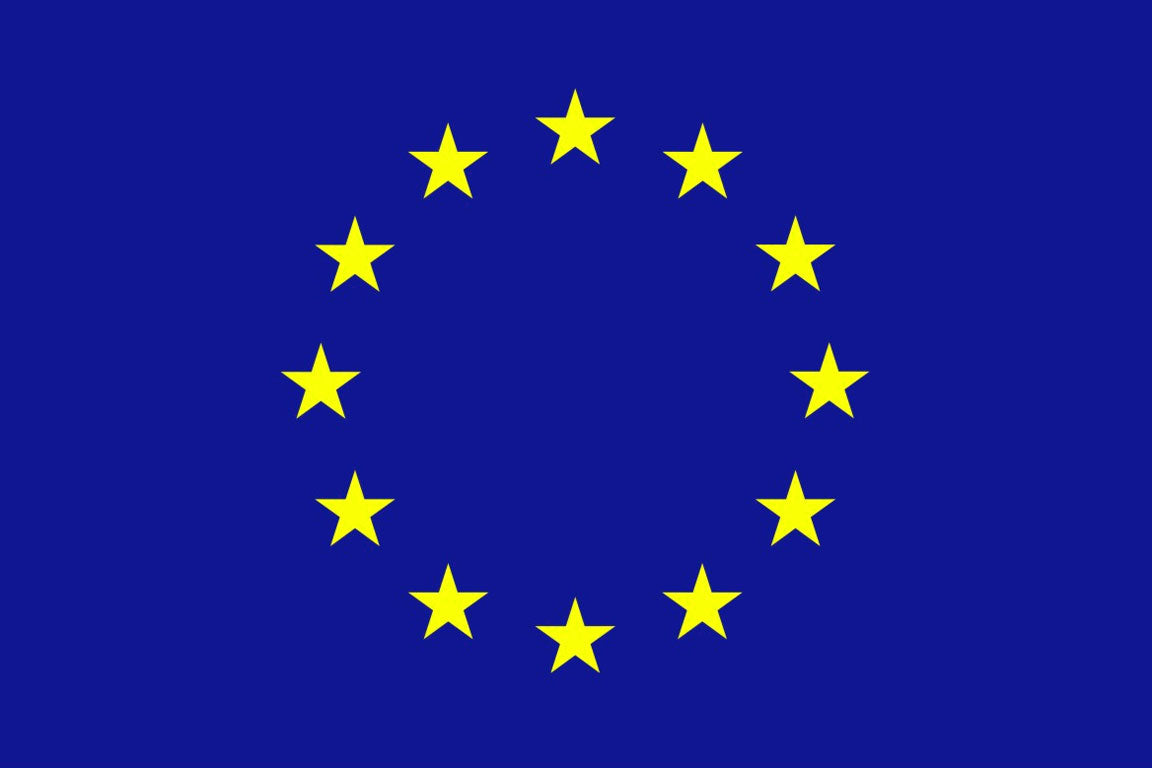
BD4NRG: Big Data for Next Generation Energy
The overall vision and main objective of BD4NRG is to deliver an innovative smart grid-tailored near real time energy-specific open analytics modular framework which leverages on an open source highly distributed interoperability reference architecture. BD4NRG will enable edge-level AI-based cross-sector analytics for integrated and optimised smart energy grid management, based on seamless data-information-knowledge exchange under respective sovereignty and regulatory principles.
The Energy System is going through an unprecedented transformation that can be summarized in two main factors: installation of new energy sources driven by renewable and a new active role for the customers. Such a transformation is significantly affecting the business structure and determining the creation of completely new concepts of utility. In such a context, one of the main factors is that we are moving away from the idea of delivering a commodity and entering in a new economy of services. In a situation with high penetration of renewables, where the incremental cost of energy is significantly going down, it will become realistic to establish with customers a completely new type of relation. Instead of selling kilowatt-hour, it will make more sense to sell concepts such as a warmer house. On the other hand, customers are becoming active players (the so-called prosumers) so that the distinction between Business to Customers and Business to Business is becoming less evident. In this service driven digitized energy ecosystem, data are expected to play more and more a key role. This is fully aligned with the European Commission acknowledgement of the importance of advancing the data economy and prioritization of several actions in its Digital Single Market (DSM) strategy. In recent years, the increasing adoption of ICTs technologies, such as IoT, AI, 5G and big data has been enabling the transitions from power grids to smart grids. Such paradigm shift is boosted by the rising availability of much larger datasets being generated at an unprecedented rate at the edge of the grid, i.e. in grid-owned assets, such as transformers, feeders, IEDs, Phasor Measurement Units (PMUs), and non-grid-owned assets, such as decentralized generation and, smart residential and C&I buildings, flexible industrial and aggregated residential building-level or community-level aggregated loads, model-based (simulated) data, are opening up to more distributed architecture, which incorporate more local-level data distributed integration, control and applications, thus creating new innovation challenges. Moreover, off-domain data, Energy Performance Certificates/Contracts (EPCs), building stock auditing, weather, climate data, geographical imagery, multimedia unstructured data sources, financial data on energy efficiency investments, socioeconomic data, social media, energy end-user’s characteristics and comfort levels, etc. whereas suitably integrated, may allow novel energy analytics to provide energy stakeholders with more robust actionable insights, as well as to enable analytics driven improved decision-making. BD4NRG aims at addressing these emerging challenges in big data management for energy with an open holistic solution aimed at creating a European approach to the Business to Business platforms able to give a competitive edge to the European stakeholders operating in this sector and to open new market opportunities. BD4NRG vision is to unlock and exploit the economic potential of big data to enable improved operation for all the stakeholders in the energy value chain, through creating and deploying an elastic energy analytics reference framework, which includes a high-velocity flexible elastic data capture and management optimized stack coupled with effective near real time cross-domain cross-stakeholder reusable data analytics specifically tailored to the extreme-scale smart energy grids environments. Emotion will be involved in the Italian pilot with a view to leverage on BD4NRG framework to provide data-driven prediction of the flexible EV intelligent recharging while coordinating with ASM local energy generation and consumption management. Emotion will also be involved in system requirements and specifications activities, as well as dissemination, exploitation and standardisation activities.






